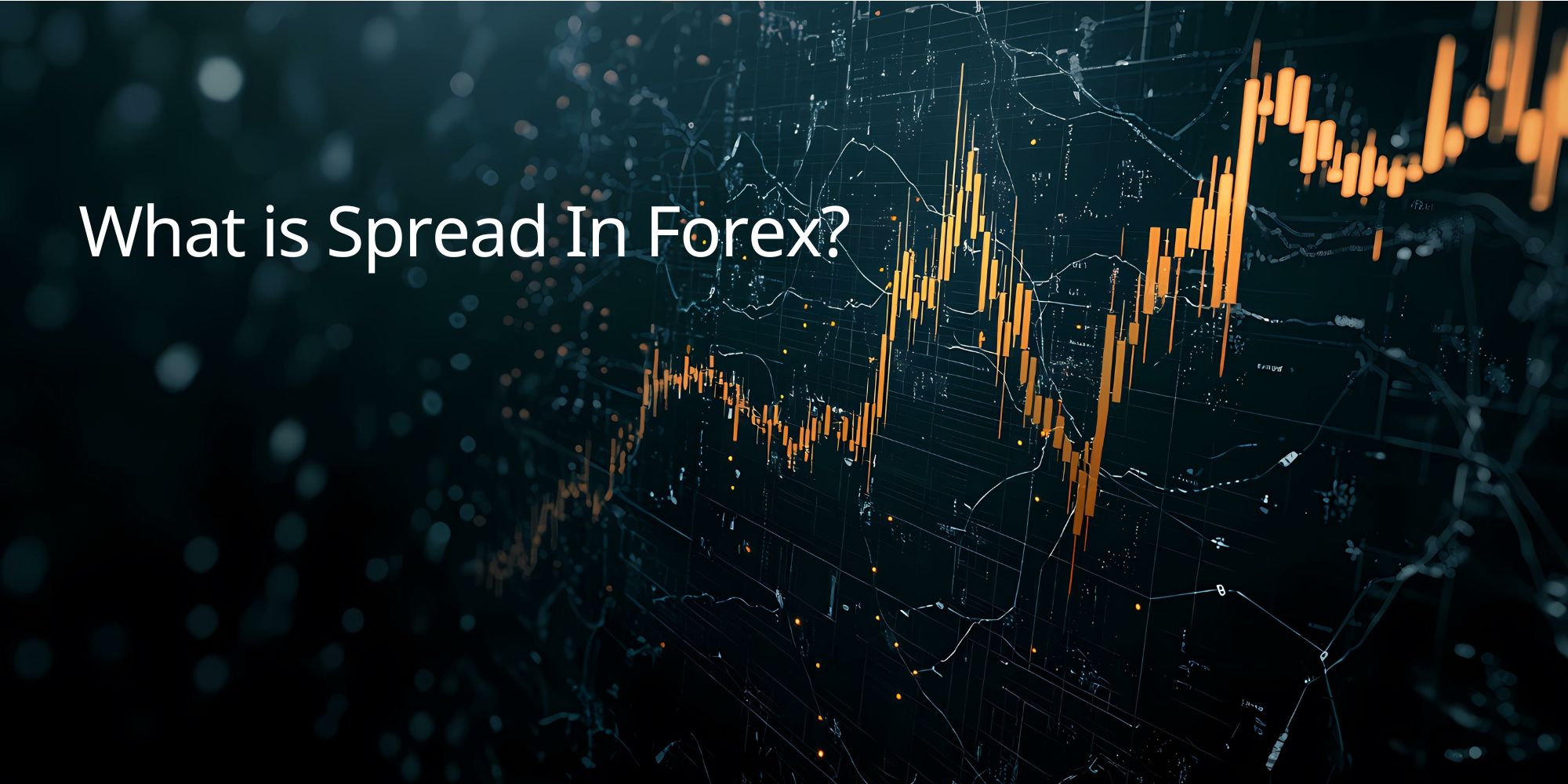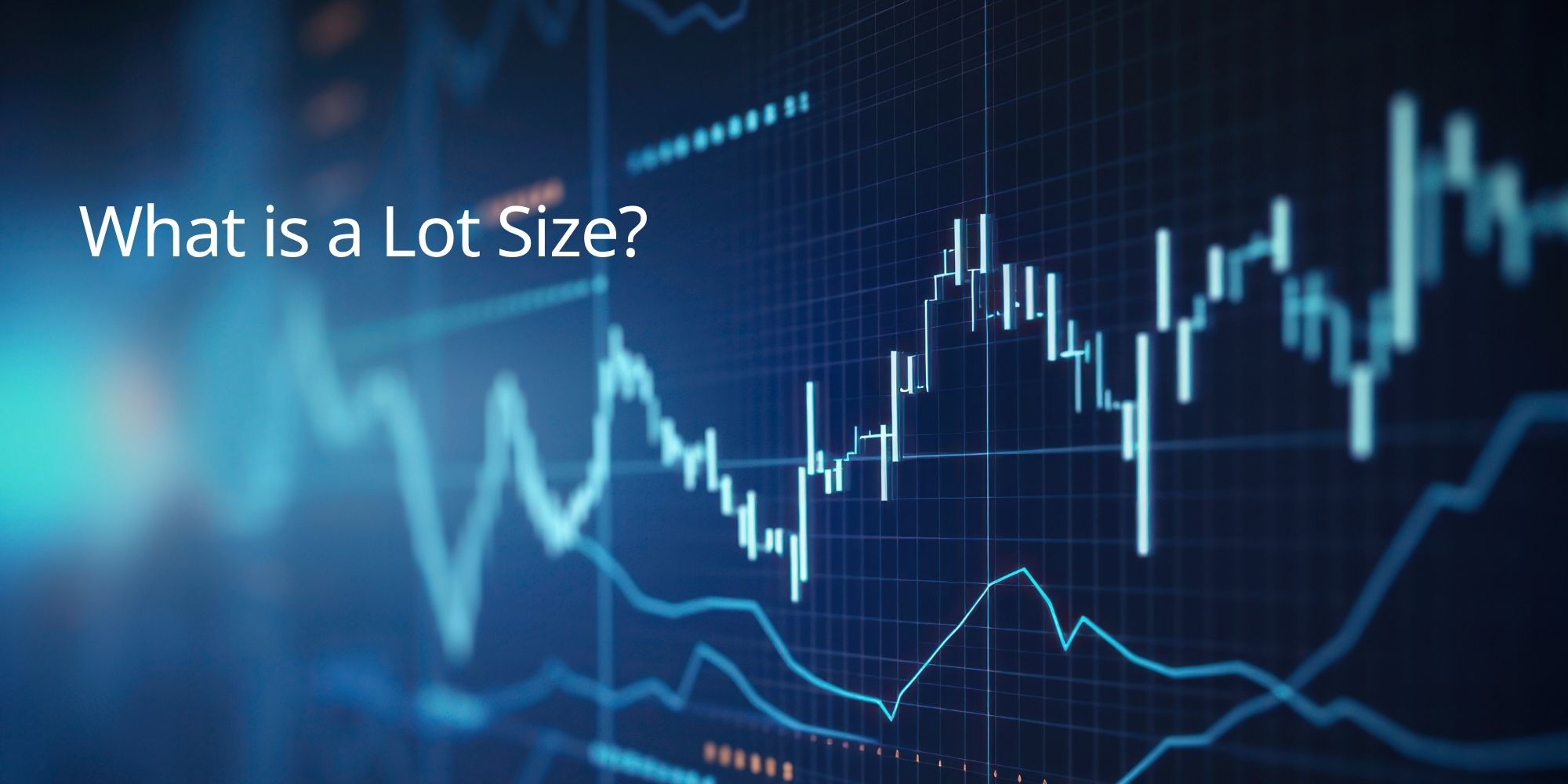Introduction
In forex trading, the “spread” is the difference between the bid price (the price at which you can sell a currency) and the ask price (the price at which you can buy a currency). It’s essentially the cost of making a trade.
This comprehensive guide from Plexytrade explores the concept of spreads in detail. We’ll cover:
- What the spread is and how it’s calculated.
- The factors that influence spreads.
- How to minimize your trading costs by choosing a broker with competitive spreads.
Whether you’re a beginner or an experienced trader, understanding spreads is crucial for success in the forex market. Plexytrade provides the tools and resources you need to navigate the complexities of forex trading, including advanced trading platforms like MetaTrader 4 (MT4) and MetaTrader 5 (MT5), competitive spreads, and educational materials.
What is the Spread in Forex Trading?
The spread is the cost of trading in the forex market. It’s the difference between the bid price (the price at which you can sell a currency pair) and the ask price (the price at which you can buy a currency pair).
Understanding Bid and Ask Prices
- Bid Price: The price at which your broker is willing to buy a currency pair from you.
- Ask Price: The price at which your broker is willing to sell a currency pair to you.
The ask price is always higher than the bid price, and the difference between the two is the spread.
How Spreads Work
Brokers make money by charging a spread on each trade. When you buy a currency pair, you pay the ask price, which is slightly higher than the market price. When you sell a currency pair, you receive the bid price, which is slightly lower than the market price.
Factors Affecting Spreads
- Liquidity: Currency pairs with high trading volume (liquidity) tend to have tighter spreads (lower costs).
- Volatility: During periods of high market volatility, spreads can widen as brokers adjust their prices to account for increased risk.
- Currency Pair: Major currency pairs, like EUR/USD and GBP/USD, tend to have tighter spreads than less commonly traded (exotic) pairs.
- Broker Type: Different brokers offer different types of accounts and spreads. Some brokers offer fixed spreads, while others offer variable spreads.
Why Spreads Matter
Understanding spreads is crucial for forex traders because:
- Trading Costs: Spreads directly impact your trading costs. Lower spreads mean lower costs and potentially higher profits.
- Profitability: The spread is a factor in determining your overall profitability. The tighter the spread, the less the price needs to move in your favor to make a profit.
- Trading Strategy: The size of the spread can influence your trading strategy. Scalpers, who aim to profit from small price movements, typically require very tight spreads.
Plexytrade offers competitive spreads, starting from 0.0 pips on certain account types. We are committed to providing our clients with a transparent and cost-effective trading environment.
How to Calculate the Spread in Forex?
The spread is a key factor in forex trading, representing the cost of executing a trade. It’s the difference between the ask price (the price at which you buy) and the bid price (the price at which you sell).
Here’s how to calculate the spread:
- Identify the Currency Pair: Choose the currency pair you’re interested in trading, such as EUR/USD, GBP/JPY, or USD/CAD.
- Obtain the Bid and Ask Prices: Look at the current quote for your chosen currency pair. You’ll see both the bid price and the ask price.
- Calculate the Spread: Subtract the bid price from the ask price. The result is the spread, usually expressed in pips.
Formula:
Spread = Ask Price – Bid Price
Example:
Let’s say you want to trade the GBP/USD currency pair. The current quote is:
- Bid Price: 1.2850
- Ask Price: 1.2855
To calculate the spread:
Spread = 1.2855 – 1.2850 = 0.0005
Since a pip in most currency pairs is 0.0001, the spread in this example is 5 pips.
Why is Calculating the Spread Important?
Understanding the spread is crucial for forex traders because:
- Trading Costs: The spread directly impacts your trading costs. A wider spread means you’ll pay more to enter a trade and receive less when you exit.
- Profitability: The spread affects your overall profitability. The tighter the spread, the less the price needs to move in your favor to make a profit.
Factors That Influence Spreads in Forex Trading
The spread in forex trading is not constant; it can fluctuate depending on various factors. Understanding these factors can help you anticipate changes in spreads and make more informed trading decisions.
- Volatility: When the forex market becomes more volatile (meaning prices are changing rapidly), spreads tend to widen. This is because brokers need to protect themselves from the increased risk of rapid price movements.
- Example: During major news events or economic data releases, spreads can widen significantly.
- Liquidity: Liquidity refers to how easily an asset can be bought or sold. Currency pairs with high liquidity (lots of buying and selling activity) generally have tighter spreads. This is because there are many buyers and sellers available, making it easier for brokers to match orders quickly. Conversely, less liquid currency pairs tend to have wider spreads.
- Example: Major currency pairs like EUR/USD and USD/JPY usually have tighter spreads than exotic pairs like USD/MXN or EUR/TRY.
- Trading Session: Spreads can also vary depending on the time of day and the trading session. During active trading hours, when more participants are in the market, spreads tend to be narrower. During less active periods, spreads might widen.
- Broker Policies: Different brokers have different pricing models and spread policies. Some brokers offer fixed spreads, which remain constant regardless of market conditions, while others offer variable spreads, which fluctuate based on market activity. Some brokers might also charge commissions in addition to the spread.
Conclusion
Understanding spreads is essential for any forex trader. The spread is the cost of trading, and it can significantly impact your profitability. By choosing a broker with competitive spreads and understanding the factors that influence spread fluctuations, you can optimize your trading costs and improve your chances of success.
Plexytrade offers some of the tightest spreads in the industry, starting from 0.0 pips on our Gold Raw and Platinum VIP accounts. We are committed to providing our clients with a transparent and cost-effective trading environment.
Ready to experience the Plexytrade advantage?
- Open a Plexytrade account today and choose from a range of account types with competitive spreads.
- Test our trading conditions risk-free with a demo account.
- Start live trading with a minimum deposit of just $50.
Our 24/5 customer support team is always available to assist you. Visit Plexytrade.com now to register and start trading with a broker that prioritizes your success.















